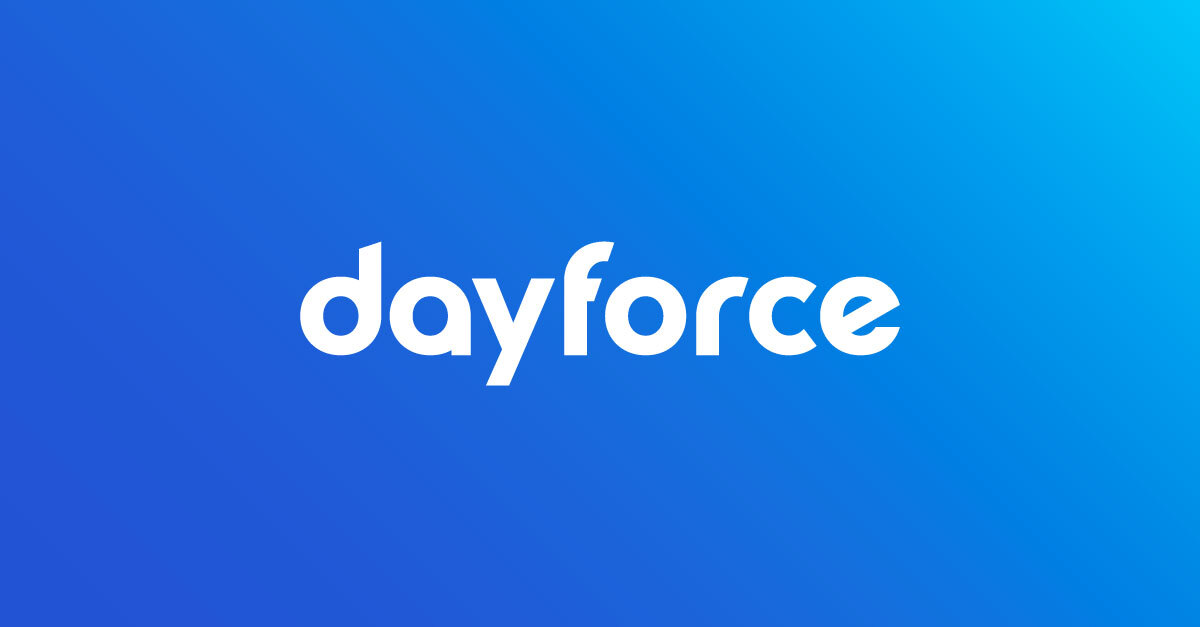Table of Contents
Look beyond the immediate appeal of designer chairs, games rooms and weekly social events. Today’s desired company perks are much more all-encompassing. Instead of entertaining employees, they engage employees.
According to Gallup’s State of the American Workplace report, U.S. employee engagement currently hovers around just 32%, and has not changed significantly in almost two decades. That translates to loss of productivity, profit and growth opportunities, not to mention higher turnover.
Why should a company have perks that truly engage employees? An engaged employee leads to increased morale, loyalty, retention, more positive working environment, healthier interaction between managers and their teams, and increased productivity. All of this leads to a better bottom line and a stronger company.
There’s been an uptick in the last few years in progressive organizations offering a broader range of benefits that are more creative, varied and tailored to their employees. This signals that employers are increasingly not taking a one-size-fits-all approach to their workforces, and that benefits and perks are becoming more important as differentiators for recruiting and retention.
The benefits and perks that matter most to employees are the ones that allow flexibility, help them manage their well-being, and set them up for the future both personally and professionally. These types of offerings are meaningful to employees because they show that employers care about their long-term development, and are willing to invest in it.
Here are some of the key benefits and perks that are most meaningful to today’s modern workforce.
Parental leave policies
More companies in the U.S. are expanding their parental leave policy beyond what’s legally mandated and offering parental leave to all parents for the birth or adoption of a child.
Ceridian recently updated its U.S. parental leave policy to cover 14 weeks at 100% salary for the primary caregiver and two weeks paid leave for the secondary caregiver. This change in policy, says Deb LaMere, Ceridian’s VP of employee experience, came from listening to employees and paying attention to what’s going on in other countries.
Family leave policies
Employees may need to look after sick loved ones or themselves. Having an official family leave policy gives employees the confidence to know that they can take time off to help their family or themselves without worry and come back to their job. The availability of a family leave policy also benefits a greater subset of the workforce (no longer limited to parental leave) that has family caregiving responsibilities. From a culture perspective, the opportunity to take family leave shows an inclusive and supportive workplace.
Space for mental health and wellness
The conversation around mental health and wellness, and resources to improve stress, has increased in the past few years. Addressing mental wellness is a key part of building a culture of health within an organization, and there are many ways organizations can approach it. This includes providing perks like in-house massages, yoga or a quiet room.
Some organizations provide mindfulness training, which improves focus and productivity, and helps to relieve stress. Others encourage employees to take breaks outdoors or access green spaces; further, some organizations build green spaces into their office environment design.
According to a study cited in Harvard Business Review, taking walks in nature lowers anxiety and depression while boosting mood and well-being. Managers can also help create a mentally healthy work environment by educating employees on mental health literacy and how to support their colleagues.
Support employees in giving back
Encouraging employees to give back, through corporate social responsibility programs and volunteerism, is good for business, but also good for individual employee wellness. Organizations that support social causes are especially attractive to Millennials – a generation that is very motivated by making a positive impact through meaningful work.
This doesn’t mean that organizations can simply say they support a cause, or throw dollars at a few charities. It means aligning CSR activities with company purpose and values, and empowering employees to participate and support these initiatives throughout the year.
It’s also important to give employees opportunities to support their own causes. This can include paid time off to volunteer or even matching their yearly donations up to a certain amount.
Related: Giving back: The unexpected benefits of CSR for employees
Education, learning and development
It’s well-documented that businesses with highly engaged workforces have a measurable competitive advantage. A culture of learning is an essential factor in driving employee engagement. In fact, companies with strong learning cultures are 92% more likely to innovate.
Learning and development means more than monthly lunch-and-learns that have minor attendance and can be inconvenient to many employees. The best organizations make learning an integral part of the employee lifecycle, offering a continuous experience starting on day one.
Invest in self-directed learning, which empowers employees to learn at their own speed and convenience, and customize their experience. Further, link learning to performance development to motivate employees to reach their personal and professional goals.
Related: Want to retain high performers? Boost loyalty with learning
Flexible or remote work
Employees have an expectation of workplace flexibility as they increasingly blend work and life. Ceridian’s 2017 Pulse of Talent found that flexible work hours or a work-from-home policy contributes to employees’ positive view of their work environment, which factors into why they choose to stay in a particular job.
Related: Three ways to boost engagement with remote workers
Importantly, perks and benefits must align with organizational culture for them to have meaning to employees. Offerings that address the needs today’s modern are the ones that result in engaged employees and a reputation for being a great place to work.
You may also like:
Ready to get started?

